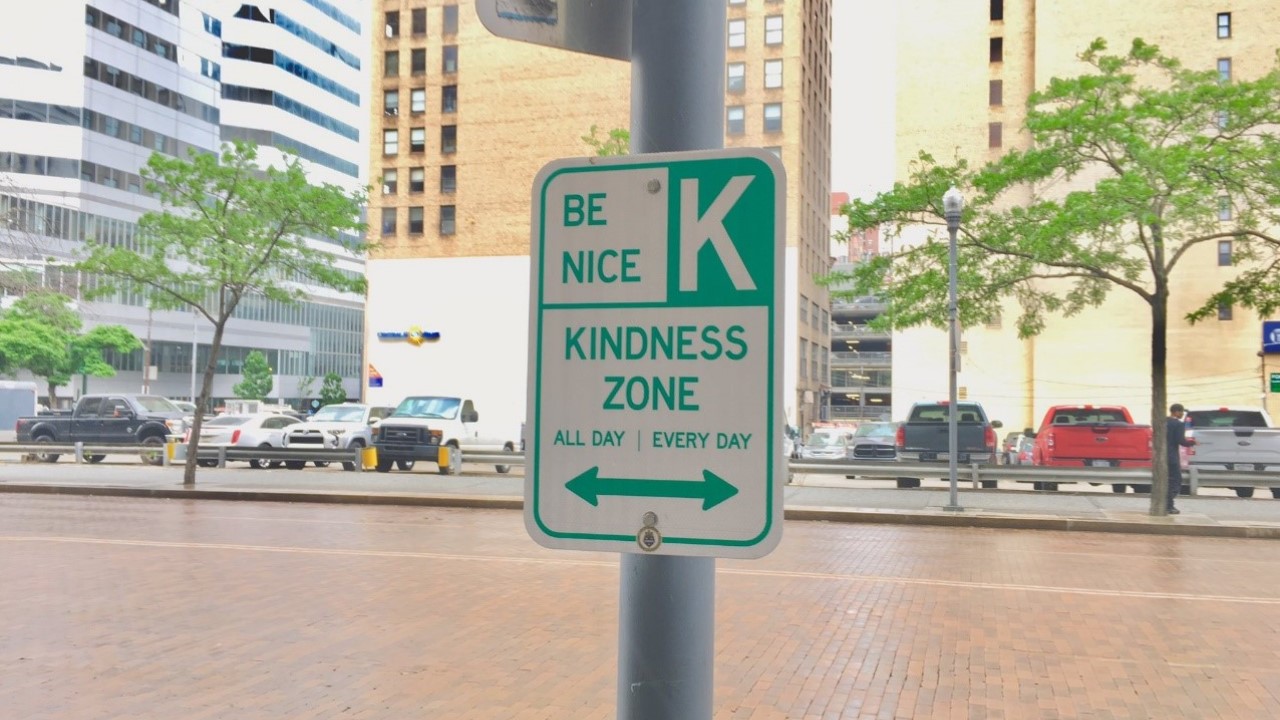
The recent natural disasters, as well as the federal election cycle in the United States, have been some of the most challenging times for local leaders, made more difficult by incivility within the community. The stress of coping with loss coupled with misinformation about hurricane relief, as well as false claims about voter fraud, has resulted in people saying some shocking and horrible things targeted at city and county officials.
We have been trained to remain professional and focus on problem-solving and sharing facts while refuting misinformation on social media and in public forums in a non-confrontational way. Though we strive to find common ground, hurtful language pushes it further from reach. The rhetoric we hear inflames the situation rather than defuses it, making us less effective for our communities.
Members feel the effects when civility is lacking.
One of my goals for 2024 was to meet our 13,000 members where they are to provide my unwavering support in these challenging circumstances we face. This meant traveling to give ethics presentations and being visible in a year when this was sorely needed. This schedule took me to California; Virginia; Northwest Regional Manager's Conference (Alaska, Oregon, and Washington); Colorado; Indiana; Maryland; New York; South Carolina; Florida; Puerto Rico; Tennessee; ICMA’s Local Government Reimagined Conferences in Boston and Palm Desert; and then the ICMA Annual Conference in Pittsburgh, where we celebrated the 100th anniversary of the ICMA Code of Ethics.
One of the themes I heard repeatedly that causes grief for many in local government is the incivility plaguing our societal discourse and the vicious criticism from those who do not recognize undisputable facts. As an example, in my last city council meeting as a town manager before joining the ICMA staff, a resident said many awful things about me personally, though I had invested much of my time to make her community organization successful and had the data to prove it.
We refuse to normalize this behavior because the nature of our positions as CAO and the way we conduct ourselves are fundamental to building public trust. Professionals always rise above to choose kindness and civility.
Stressful situations create negative behavior.
The bad news? This has been going on for a long time, so it is not a problem to be solved, but one to manage. Theodore Roosevelt’s words from his “Citizenship in a Republic” speech that he gave in Paris in 1910 answer a “why” for choosing a life in public service. While the pronouns and language we use are different today, the value remains the same:
“It is not the critic who counts; not the man who points out how the strong man stumbles, or where the doer of deeds could have done them better. The credit belongs to the man who is actually in the arena, whose face is marred by dust and sweat and blood; who strives valiantly; who errs, who comes short again and again, because there is no effort without error and shortcoming; but who does actually strive to do the deeds....”
Where do we go from here?
We aim to find the right strategies for these challenges, and these are my ways of coping in the face of incivility.
The top of the organization leaves nowhere to hide from harsh words.
Assess whether it is hateful, unfounded criticism or feedback worthy of exploring. There could be a nugget of truth in the midst of vitriol worth further review.
Have the courage to be disliked.
It was a tough lesson for me to learn, particularly as a former people-pleaser, that not everyone will like me or my decisions. Take that idea a step further and remember that whether someone likes you or what you say is not a reflection of your worth and dignity as a human being. I found Harvard Business Review’s podcast, “The Essentials: Handling Fierce Criticism,” particularly helpful.
Before responding, practice the art of the pause.
Or two or three pauses…and do not be afraid to step away when emotions are heightened. Once words in the heat of the moment are uttered, they cannot be taken back.
Being kind does not indicate weakness.
Kindness provides strength to accomplish hard things. Character does not equal bluster.
The emotional fatigue of public denigration can be exhausting.
Lean on mental health experts in an act of self-care.
Find perspective despite the hurt.
There are few situations that are truly a crisis when life or death is on the line. In three years, I experienced four medical crises: my father had cancer; my mother had a serious operation that required weeks of recovery in my home; I had a stroke and brain surgery followed by four months of intensive rehabilitation; then a few months later, my sister was diagnosed with Stage 3 cancer. I received that news on the second day I was deposed for my role in the ethics review process. Our personal upheavals often help us find empathy as well as perspective when confronting hostile situations at work. We laugh, cry, and have many emotions in between as we overcome these circumstances to live resiliently and find our joy.
You are not alone.
Cultivate a circle of advisors whose opinion you value and trust. ICMA regional directors, senior advisors, and the coaching program are available for personal and professional support.
While there is no formula for resolving what feels like a tsunami of negative rhetoric directed at local leaders, Fred Rogers has some wisdom for us. “There are three ways to ultimate success: The first way is to be kind. The second way is to be kind. The third way is to be kind.” Do so in the face of adversity to be the inspiration for civility we need today.
Additional Resources
Hurricane Recovery Resources
Leadership During and After a Crisis
Career Compass – Responding to Public Criticism
Career Compass – Empathy is a Superpower
The National Academy of Public Administration’s 2024 Election – What Does Good Government Look Like Valerie Lemmie talking about her time as City Manager of Cincinnati
The National Civil League’s All-America Conversations Toolkit
Colorado Municipal League’s Civility Starts Here
Georgia Municipal Association’s Embrace Civility
Pennsylvania Municipal League’s Civility Campaign

JESSICA COWLES is ethics director at ICMA (jcowles@icma.org).
New, Reduced Membership Dues
A new, reduced dues rate is available for CAOs/ACAOs, along with additional discounts for those in smaller communities, has been implemented. Learn more and be sure to join or renew today!
